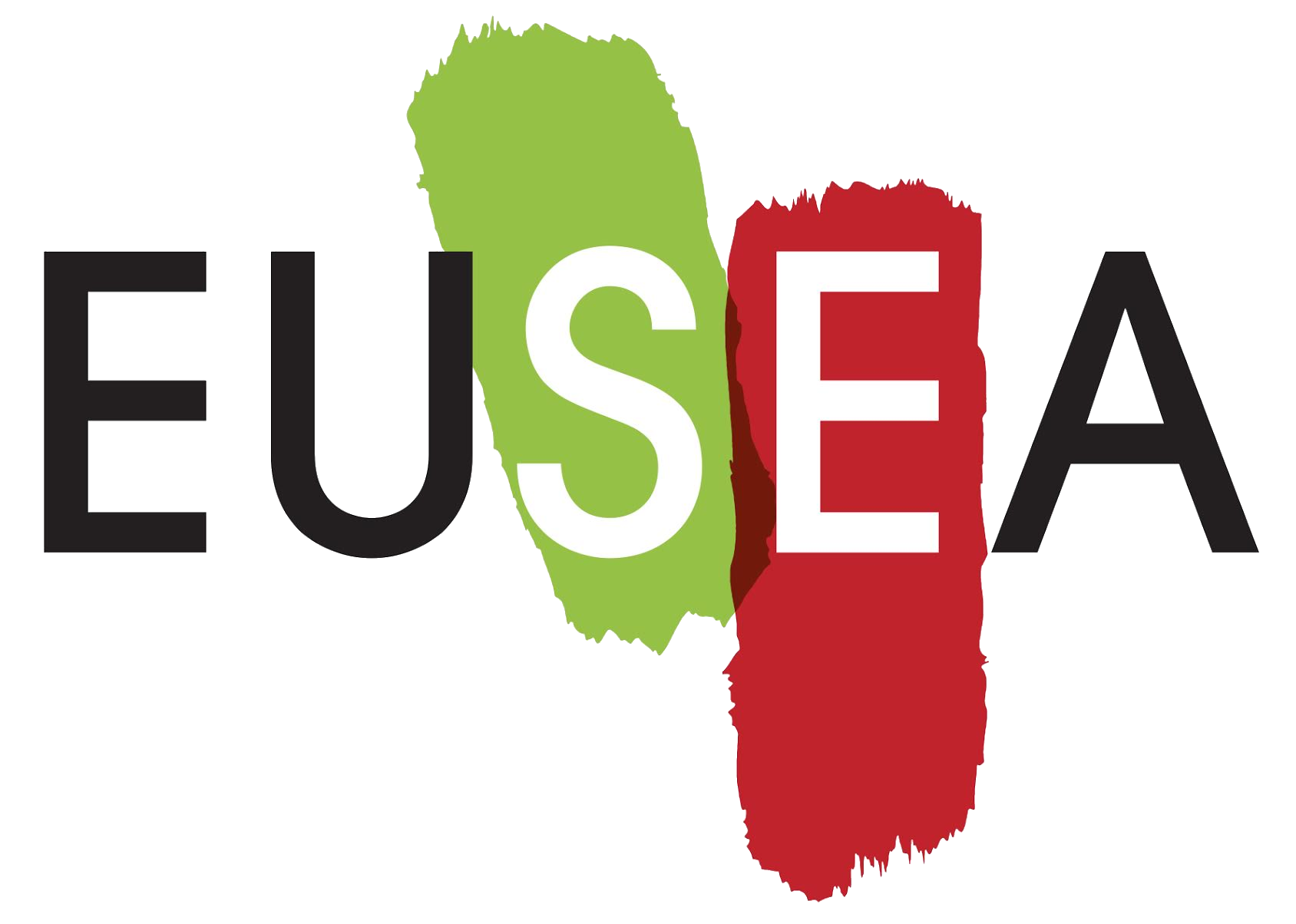Description
Geocaching is a real-world, outdoor treasure hunting game that uses GPS enabled devices to help track down each “cache”. Players can find the coordinates of a geocache along with a description on the website www.geocaching.com. Once a player has found a geocache, the geocacher writes their nickname and date in the logbook and returns the cache to its hiding place. Back home or via app players can write in an online log, often with a little story about what they experienced while searching for the geocache. Participants can also create their own caches for people to find, and using the data collected from these online logs, you can monitor the return on your investment, and how many people have found a particualar cache.
Geocaches can be easily created using the instructions on the website and can be used to describe a number of different locations and themes, and with some cordination can be used to share information about a particualar place or person, as part of a GeoCacheTour.
One such GeoTour was organised to describe to people the history of Gottfried Wilhelm Leibniz in the city of Hannover, Germany, and the impact he had on science.
Leibniz invented the binary code, a fundamental part of almost every technical device today.
As part of this event, 13 geocaches were hidden in various places around Hannover, to find these geocaches participants needed to decrypted a binary code that features in the description, which (when solved) will give the players the map coordinates to where the geocaches are located. In this activity, the geocaches will be boxes that contain information and objects that provide some information about the work that Leibniz did, and some puzzles for people to solve. These should be placed in a durable and water proof box, such as a recycled Tupperware container.
Target Audience
- Adult citizens
- Children 3-6
- Children 7-12
- Families
- Policymakers
- Teenagers
You can do it with all those groups, but we did it with professionals from different fields like public engagement or the cultural and creative sector.
Benefits
Benefits
Geocachers are represented in nearly every demographic in over 180 countries. It is a great activity to open a bigger event and to facilitate team work between participants, and link locations with local history and sciences acheivements. The team in Hannover has recorded 8000 findings of their geocaches, by young people, families, adults and the “silver surfers”, who have also provided hundreds of enthusiastic comments in the global community about this innovative tour.
Preparations
Things you need to consider for a GeoTour:
- Locations for the geocache, permissions from the landowner of this location may be required, and the location is free of others geocaches (161m distance rule).
- You need to decide on a story or a theme to base your tour around. Then you need to incorporate these into the location description and the contents of the caches.
- You need to register your geocache location on a relevant geocache platform. www.Geocaching.com is a popular option with 15 million geocachers
- Containers and contents need to be bought and placed in the desired location, this would include a logbook for people to fill in.
- Do you want to include a Geocoin or prize (a small token that people can take when they find the cache or swap with an additional item)?
- Communications: Press announcement, Kick-off event, Flyers
- Someone may need to be available to Maintain the cache, and perhaps replace the contents.
- Costs (one-time/recurrent): The costs can vary in price a lot, depending on what you use as a geocache container. The cost to register your geocache depends on the platform you use, some costs may be incurred when creating your geocache and posting it to the online database. Check your provider.
Comments
Science Engagement Platform should design and develop programmes that enhance scientific literacy and awareness in collaboration with other science institutions.
Institution
- Theda Minthe
- Head of Science City Hannover
- City of Hannover
- Lord Mayor’s Office
- www.wissen.hannover.de www.science-hannover.de




